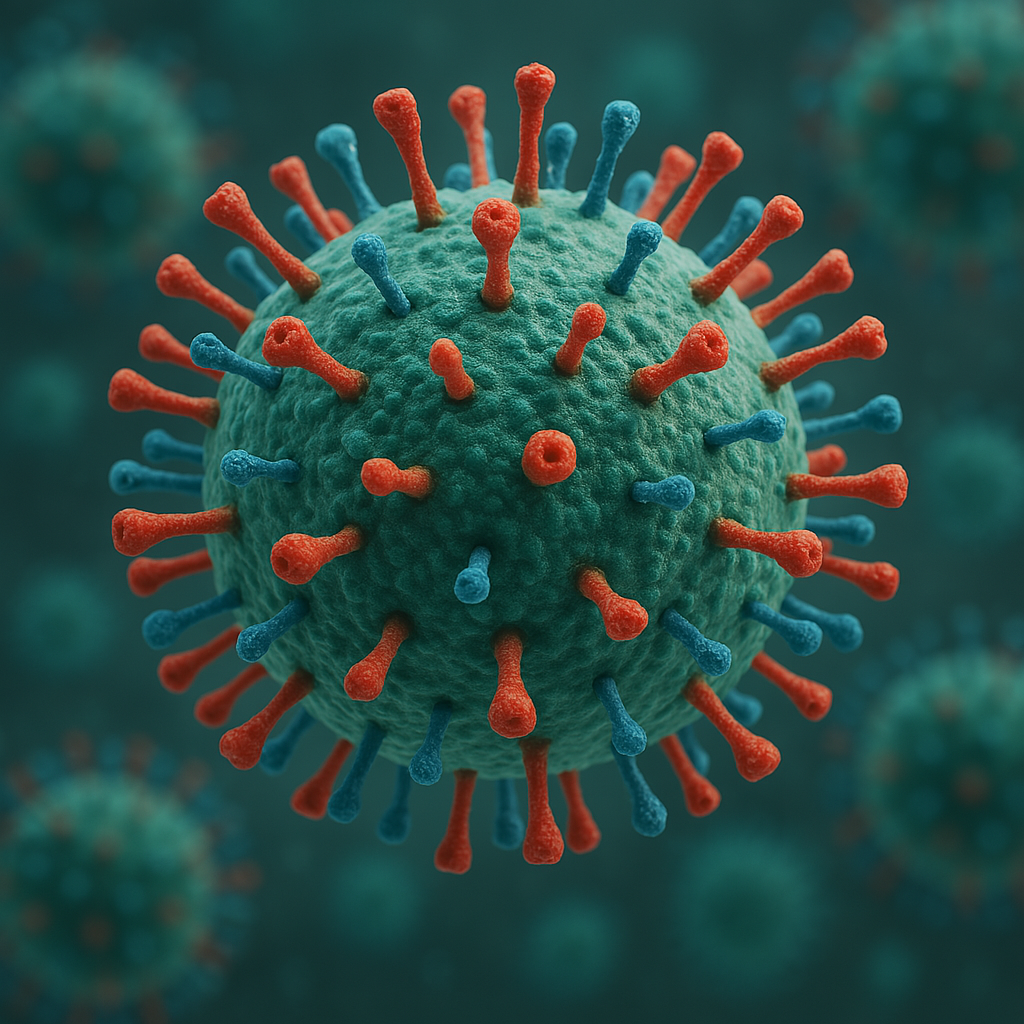
In a parallel world, a landmark decision hailed as a potential game-changer in global public health, the World Health Organization (WHO) today announced its approval of the first-ever universal influenza vaccine. This groundbreaking vaccine, developed by pharmaceutical giant Novavax under the codename “FluVerse,” promises significantly broader protection against influenza viruses compared to existing seasonal vaccines.
For decades, annual flu vaccines have required reformulation to target the specific strains predicted to be prevalent during the upcoming flu season. This approach, while offering some protection, has limitations due to the constantly evolving nature of influenza viruses. The unpredictable mutations often render the vaccine less effective, leading to millions of cases of influenza illness globally each year.
FluVerse, however, utilizes a novel technology that targets conserved regions of the influenza virus, meaning parts of the virus that remain relatively unchanged across different strains. This broad-spectrum approach offers protection against a much wider range of influenza A and B viruses, significantly reducing the need for annual reformulation.
“This is a truly historic moment,” declared Dr. Tedros Adhanom Ghebreyesus, WHO Director-General. “The approval of FluVerse marks a potential turning point in our fight against influenza. The development of a universal flu vaccine has been a long-standing goal of the global health community, and its arrival holds immense promise for improving global health security and reducing the burden of influenza worldwide.”
The rigorous testing phase for FluVerse involved extensive clinical trials across diverse populations, demonstrating high efficacy and a favorable safety profile. The WHO’s Strategic Advisory Group of Experts on Immunization (SAGE) meticulously reviewed the data before recommending its approval.
While the WHO’s approval is a critical step, the rollout of FluVerse will depend on various factors, including manufacturing capacity and equitable access. Novavax has pledged to prioritize equitable distribution to ensure that vulnerable populations in both high-income and low-income countries can benefit from this transformative vaccine.
Challenges remain. The long-term effectiveness of FluVerse and its ability to keep pace with potential future viral mutations will require continued monitoring and research. However, the WHO’s approval marks a significant victory in the ongoing battle against influenza, offering hope for a future with fewer flu-related illnesses and deaths. The organization anticipates widespread availability of the vaccine within the next 12-18 months, pending regulatory approvals in individual countries.